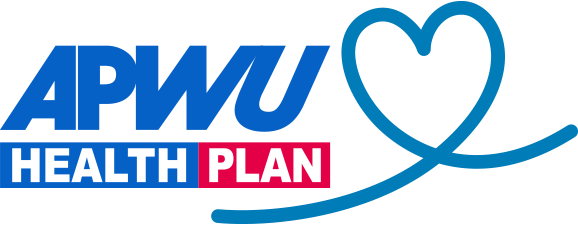Viruses are spread in many different ways, including through close contact between people and through droplets in the air when an infected person coughs or sneezes. Some viruses can live on surfaces for 24 hours or longer. We can accidentally spread these infectious agents by touching doorknobs, railings, mobile devices, surfaces, and other items. Fortunately, there are simple steps you can take to prevent the spread of viruses and avoid contagious diseases.
1. Wash your hands
Handwashing is one of the best ways to protect yourself from getting sick. Wash your hands before you prepare or eat food and after you blow your nose, cough, or sneeze. Also, wash your hands after you use the bathroom, take out the garbage, change a diaper, visit someone who is ill, or play with a pet.
Handwashing guidelines recommend that you wash your hands often with soap and water for at least 20 seconds. Scrub your palms and fingernails, in between your fingers, and the backs of your hands. If soap and water are not available, use a hand sanitizer with at least 60 percent alcohol and cover all surfaces of your hands.
2. Don’t touch your face
Most people touch their faces more than 20 times per hour. To help prevent infections, keep your hands away from your eyes, nose, and mouth. Touching your face with your hands can allow germs that cause infections to enter your body.
3. Cover coughs and sneezes
Many diseases are spread through coughs and sneezes. When you cough or sneeze, germs can travel several feet. To prevent the spread of germs, cover your mouth and nose with a tissue. Throw away used tissues and wash your hands. If you don’t have a tissue, cough or sneeze into the inside of your elbow.
4. Avoid close contact
If a virus is spreading in your community, maintain a distance of at least six feet between yourself and other people. This is very important for people who are at high risk of getting sick.
5. Boost your immunity
To strengthen your immune system, eat a healthy diet, drink plenty of water, and get enough sleep. Stay active and explore healthy ways to manage stress. If you’re having trouble fitting in fitness, discover sneaky ways to make time for exercise.
6. Stay home if you’re sick
Stay away from other people when you’re not feeling well. Don’t shake hands or touch others. If you need to see a doctor, call ahead to ask what you can do to avoid infecting people in the waiting room.
Telehealth is a safe, reliable option for care that minimizes your risk of exposure. With virtual visits, APWU Health Plan members can see and talk to a doctor 24/7 via phone, tablet, or computer.
7. Clean and disinfect
Clean and disinfect objects and surfaces you touch frequently. This includes doorknobs and light switches, tables and countertops, desks, toilets, faucets, and sinks. Also, don’t forget to disinfect your cell phone and keyboard.
When disinfecting your cell phone, avoid aerosol sprays or bleach. Use a gentle wipe that has 70 percent isopropyl alcohol. Remember to wash your hands after you’re done.
8. Get a flu shot
Getting a flu shot every year is one of the best ways to prevent flu and its complications. Although not 100 percent effective, a flu shot can keep you from getting infected, make the flu less severe if you get it, and keep you from spreading it to your family and others.
9. Make sure your vaccinations are current
Ask your doctor about any shots you may need. Vaccinations are available to prevent many contagious diseases.
10. Know where to go for medical care
It isn’t always easy to know what to do, especially when symptoms come on suddenly, but knowing where to go for medical care is a key part of being an informed health care consumer.
When you need care, call your family doctor first. If that’s not possible, you have other options, including convenience care. Take a few moments to consider your care options. It could save you time, money, and a lot of frustration.


